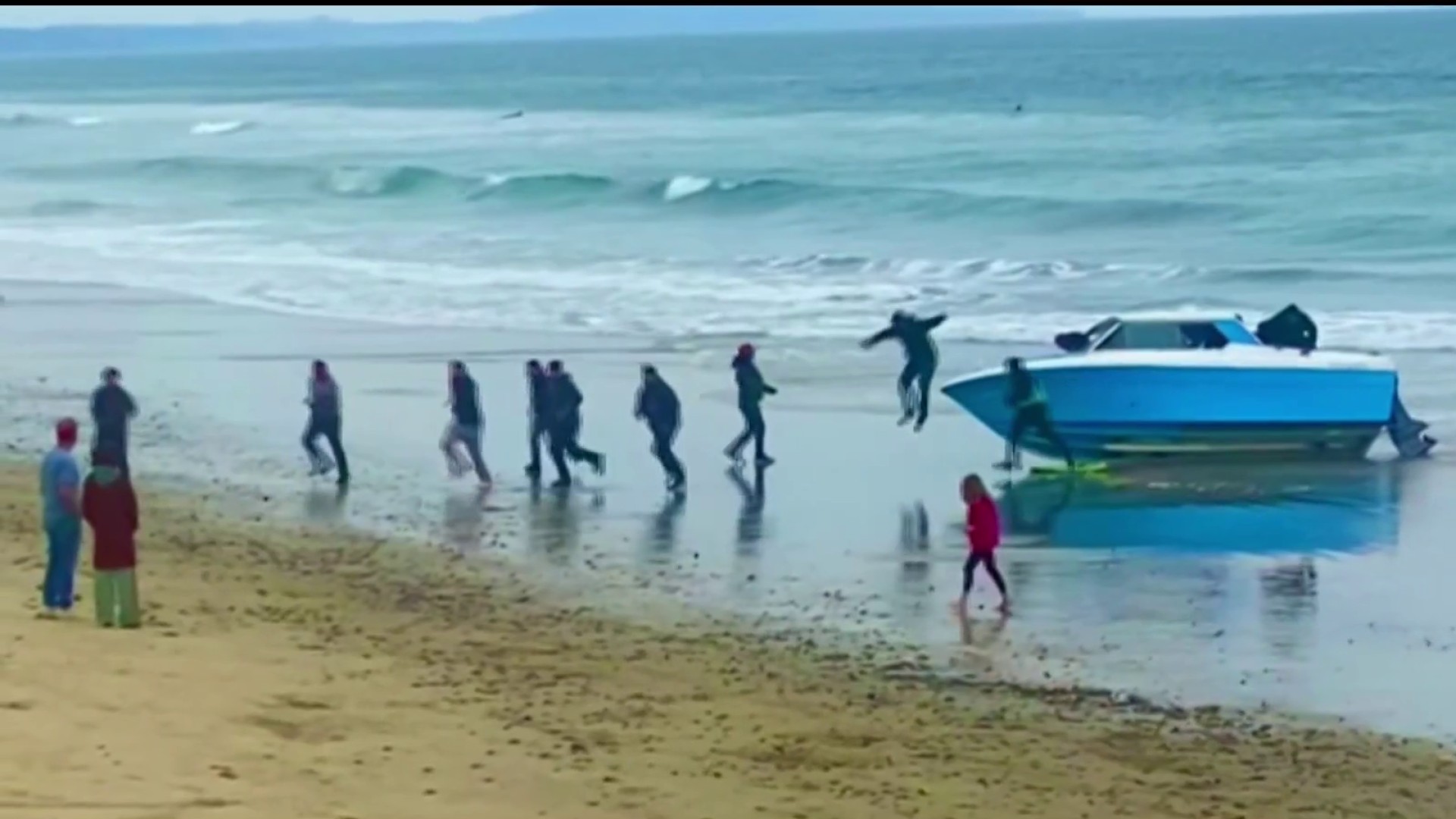We’ve all seen stories of people who have gotten themselves into trouble with their use of social media.
Whether it's a burglar getting nabbed due to a poorly-timed selfie or a cheating spouse being caught because of location tagging, the digital record created by social media can serve as evidence of bad behavior.
Believe it or not, social media can also do the opposite. “In our social media, we're actually keeping sort of a daily log of what we're doing and thinking and saying and looking like that we can use to defend ourselves when accusations are made," said attorney Loni Coombs.
Here's how to mine your social history to protect yourself if a false allegation is made against you:
Photos
Selfies might seem like they exist solely for vanity, but they’re also a chronological log of your appearance and location at any given time, Coombs says. Photos from social media can be used, for example, that your clothing or haircut didn’t match the description of a suspect on a given day.
Posts, Tweets and Comments
Local
A common consideration in legal cases like fraud, defamation and lawsuits is a person's "state of mind." It's hard to remember what was going through your mind at some specific point in the past. It can be even more difficult to prove it. That's where social media helps. "It’s kind of like an online diary," Coombs said. "You can use that to show your state of mind or your intent or what you were planning to do."
Location Data
There's no more definitive way to prove your innocence than demonstrating that you were far away from the place where the allegation occurred. Geotracking on social media posts can be categorical proof that accusations are false. "If you want to be able to come up with an alibi and say 'Look, here's this picture...it's still geotracked. It shows where it was taken or where I was when I posted it' and you can use that as information," Coombs said.




